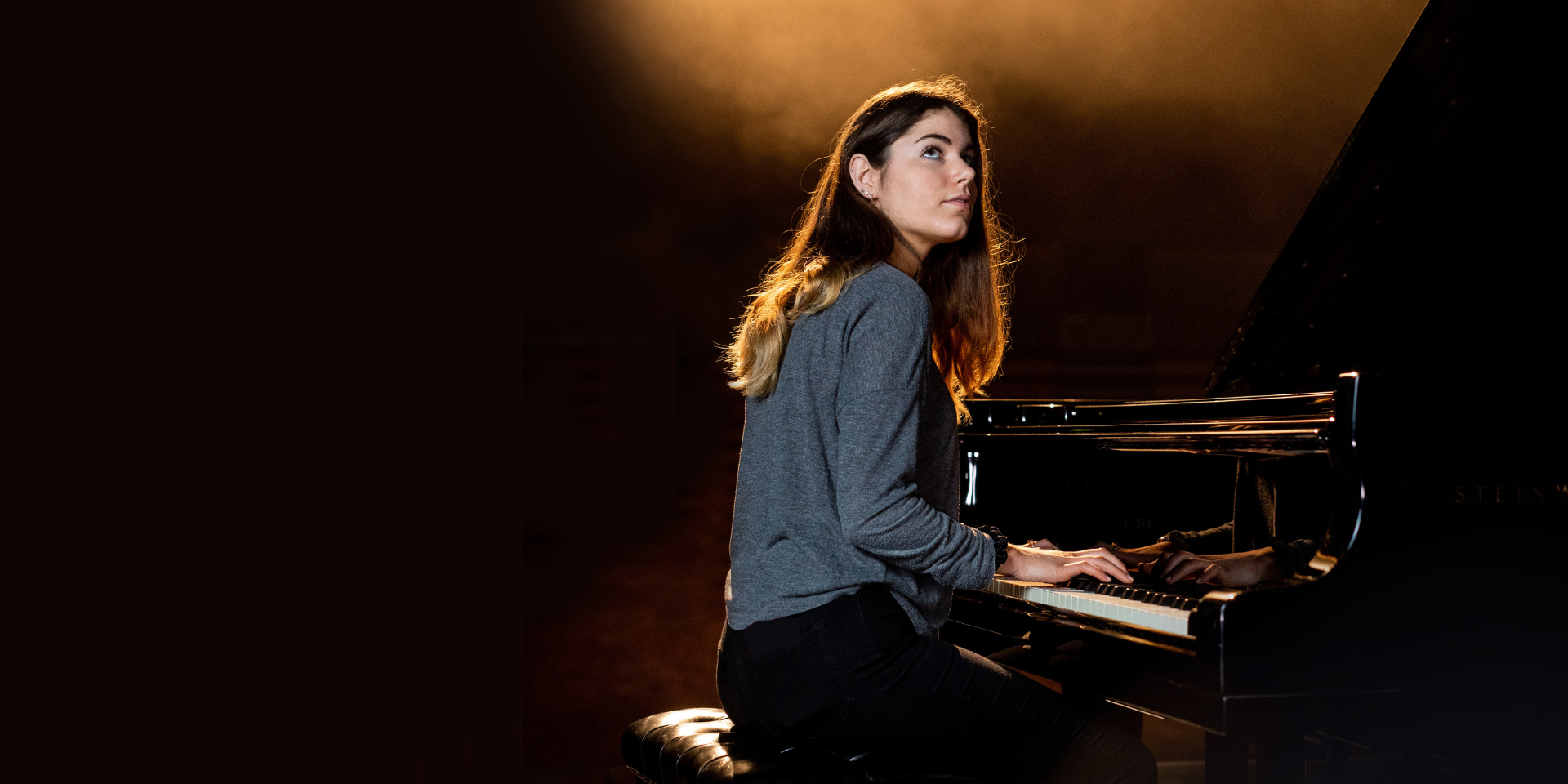
We are all singers
BY: Guest Writer
29 March 2023
Promoting a lifelong love of singing in students can be really challenging. Ask someone why they don't sing and the short answer will often be that they simply can't. As musicians, we rarely accept that to be true; someone might lack technique or confidence, or not be singing the songs that best suit their voice or personality, but they don't necessarily lack the ability or potential. Lead Senior Examiner for Music, Kate Proudlove, shares her reflections on our relationship with singing and highlights how the Rock & Pop Vocals syllabus might be used to support learners in connecting with their own vocal style.
From our first moments in the world, we begin to use our voices to express emotions and communicate our needs. As we move through our early years, songs become an important part of storytelling and learning - I know I still sing the alphabet song when I'm trying to remember which letter comes next! As with other physical developments, the rate at which we build a sense of pitch and timing varies and, as children advance through primary school, some might be picked out to perform a solo and be thought of as having a 'good' voice. There may also be children that start to believe that they shouldn't sing because they don't have a 'good' voice. Although music is still part of the Key Stage 3 curriculum, by the time children transition to secondary school, they might begin to identify as someone that can or can't sing. Of course, adolescence is an unsettling time for the voice, which can make us feel even more self-conscious about singing and, for many young people in the UK, their teens mark the end of their singing life.
I was lucky enough to accompany a group of 28 Explorer Scouts to a beautiful village in The Gambia recently, spending time at a primary school and with local scout troops. Being responsible for a large group of teenagers was not without its challenges, but it was a fantastic trip which came with an unexpected highlight - singing! From classrooms to campfires to a community garden, voices filled the air. What struck me about the music-making I witnessed was that everybody joined in. There was no sense of performers and listeners; regardless of age or perceived ability, people (yes, even teenagers) lifted their voices and sang. How wonderful to be part of a community where singing is considered an everyday activity for all!
In recent years, there have been many studies into the health benefits of singing: improved lung function, reduced stress, improved immunity, self-esteem, social connection. In short, it makes us feel good. With all these well-being benefits, singing seems like a no-brainer, but keeping people connected to their voices throughout their lives can be challenging.
In modern life, we discover music through many different mediums: radio, streaming services, TV and film - even the latest dance craze on TikTok. We are surrounded by music from all genres and it has never been easier to find songs that speak to us. Engaging with the music we love is fundamental to keeping us singing and, for many young people, this is music from the world of rock and pop.
The Trinity Rock & Pop Vocals syllabus is a great way for singers (as per the title of this blog, that means everybody!) to explore their voice and sing songs that they can really connect with. The authentic backing and demo tracks are a fantastic resource for both singers and teachers, allowing vocalists to perform with the support of a full band and backing vocals. With the assessment of vocal techniques embedded into the songs, key vocal areas are addressed as progress is made through the grades, without needing to learn additional technical work.
The Rock & Pop Vocals syllabus offers a wide range of styles and, with the option to sing an own-choice song, there is something to suit all voices and musical tastes. We are constantly adding to the songs available and, in addition to the books, you'll find e-singles available for download at our online store. Thanks to the introduction of our Digital graded exams, you can now choose how to be assessed. Many learners enjoy the aspect of live performance and opt for a face-to-face exam at one of our many centres, and those that thrive on the thrill of finding that perfect take find our recorded exams suit them well.
Not only do graded exams build confidence and self-esteem, but we also build valuable presentation and communication skills. UCAS points are available from Grades 6-8 and Rock & Pop grades are particularly relevant for those wanting to study at an institution specialising in contemporary music. The music industry also offers a vast array of career opportunities outside of music-making: marketing, education, legal and financial, tour and stage management, journalism, artist management. Holding a recognised Rock & Pop qualification is tangible proof of your interest in music and is a great addition to any CV.
I am extremely fortunate that singing is part of my everyday life and I hope to encourage more people to have a lifelong connection with singing. I believe that the Rock & Pop Vocals syllabus can open the door to the joy of music-making and make true the statement - we are all singers!
Want to learn more about Trinity Rock & Pop exams? Watch our webinar recording here.
Photo by Cody Schneider on Unsplash


%20(1).jpg)

Comments & Replies